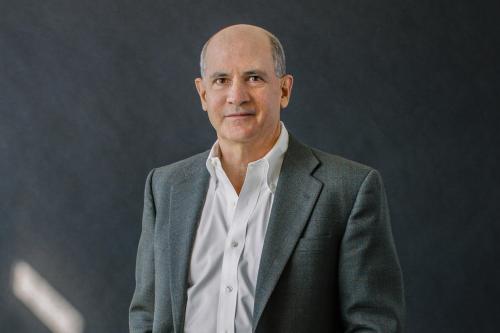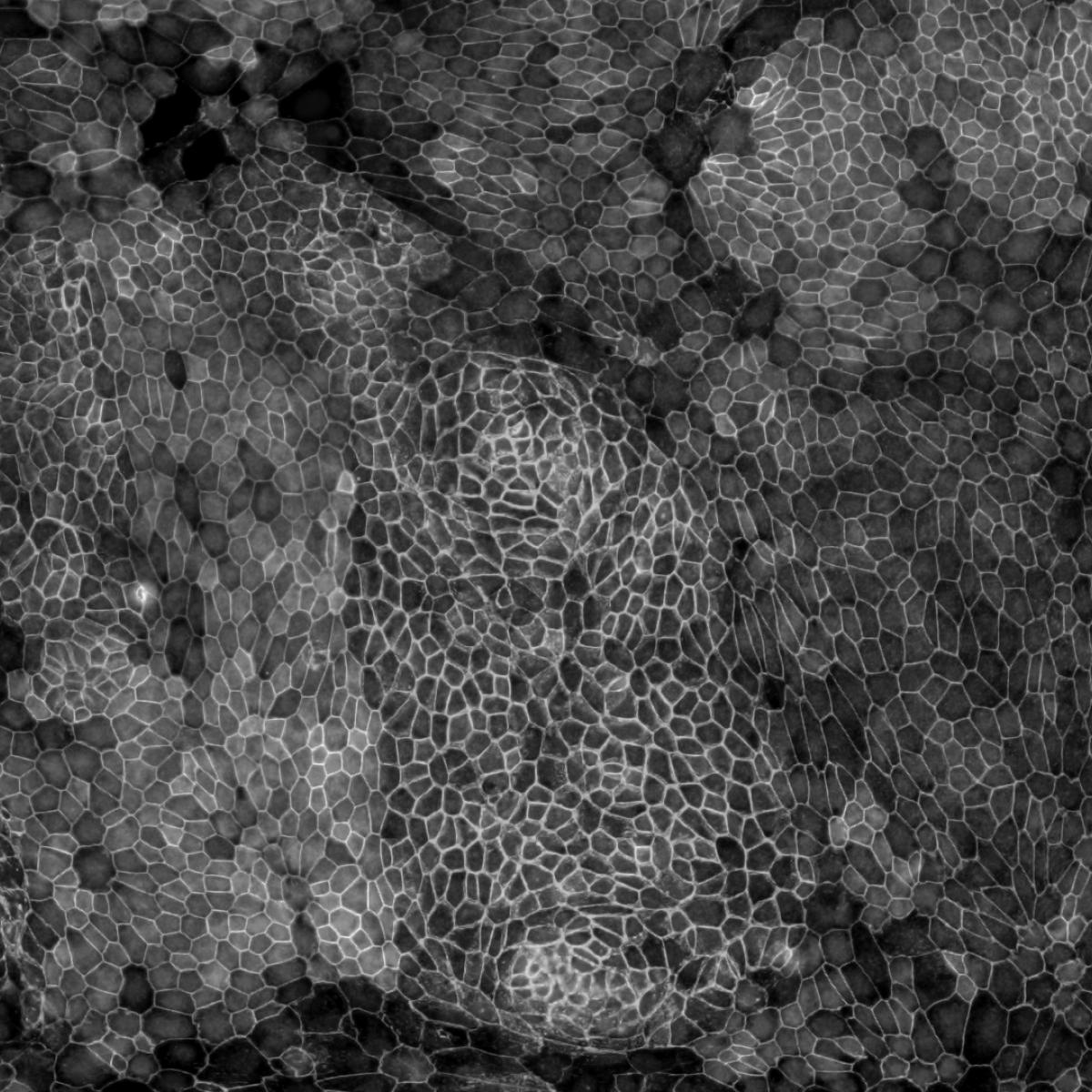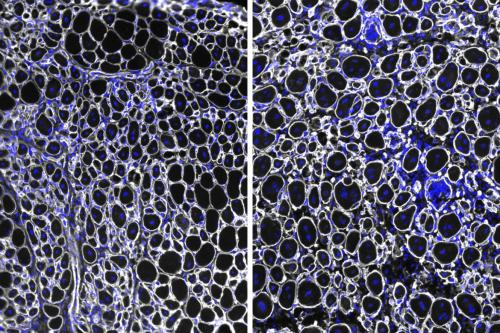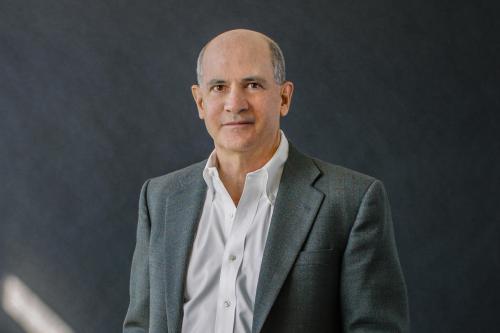
Thomas A. Rando, M.D., Ph.D.
- Director, UCLA Broad Stem Cell Research Center
- Professor, Neurology
- Professor, Molecular, Cell and Developmental Biology

Thomas A. Rando, M.D., Ph.D., is the director of the UCLA Broad Stem Cell Research Center. In this role, he promotes a culture of scientific excellence, academic integrity and interdisciplinary collaboration. He also builds partnerships with the larger scientific community — including other institutions and private companies — to address the most urgent challenges in regenerative medicine with the shared goal of improving human health.
Rando studies the basic mechanisms of stem cell biology and the biology of aging. He seeks to understand how environmental influences affect the aging of stem cells and how alterations of those environmental factors can delay or reverse age-related changes.
As a neurologist who ran a clinical service for more than 20 years, Rando brings a translational focus to his own research and to his roles leading research enterprises. He has been at the forefront of studying how stem cells throughout the body maintain their ability to promote tissue homeostasis and repair – and how this capacity declines with age. This includes his research into the molecular regulation of stem cell quiescence, a state of high resilience and tremendous capacity to orchestrate tissue repair and regeneration.
His work has included the development of novel tools that enable non-invasive assessment of disease progression and therapeutic responses in preclinical animal models of muscular dystrophies. He has also pioneered studies of stem cell therapeutics for the restoration of structure of injured or diseased muscles using approaches at the interface of stem cell biology and bioengineering.
Rando’s innovative studies of the epigenetics of stem cell aging in mice showed that old tissues could be rejuvenated by exposure to young blood. His recent work has also revealed that exercise can lead to the regeneration of aged stem cells. These studies have formed the basis of an expanding area of aging research and led to clinical trials of novel therapies for neurodegenerative and other age-related conditions. Through this work, he is exploring novel approaches to reverse cellular aging and promote stem cell resilience. Such interventions could enhance tissue repair and maintenance throughout life and prevent the onset of age-related diseases.
He is an elected member of the American Academy of Arts and Sciences and the National Academy of Medicine.
Research Projects
- Understanding the molecular regulation of stem cell quiescence A state in which a cell is not actively dividing but has retained the ability to resume proliferating in response to certain stimuli including injury and changes in its environment. quiescence A state in which a cell is not actively dividing but has retained the ability to resume proliferating in response to certain stimuli including injury and changes in its environment., activation and differentiation The process by which stem cells transform into specific, specialized cell types with distinct functions and features. differentiation The process by which stem cells transform into specific, specialized cell types with distinct functions and features.
- Understanding the mechanisms of stem cell aging to develop interventions that can rejuvenate aged stem cells Cells that have the ability to differentiate into multiple types of cells and make an unlimited number of copies of themselves. stem cells Cells that have the ability to differentiate into multiple types of cells and make an unlimited number of copies of themselves.
- Developing novel bioengineering approaches to promote stem cell therapeutics for muscle injury and muscle degenerative diseases such as muscular dystrophies
-
Fellowship
- Molecular Pharmacology, Stanford University, 1994
Residency
- Neurology, UC San Francisco, 1991
Internship
- Medicine, Massachusetts General Hospital, 1988
Degrees
- Ph.D., Cell Biology, Harvard University, 1987
- M.D., Medicine, Harvard Medical School, 1987
-



